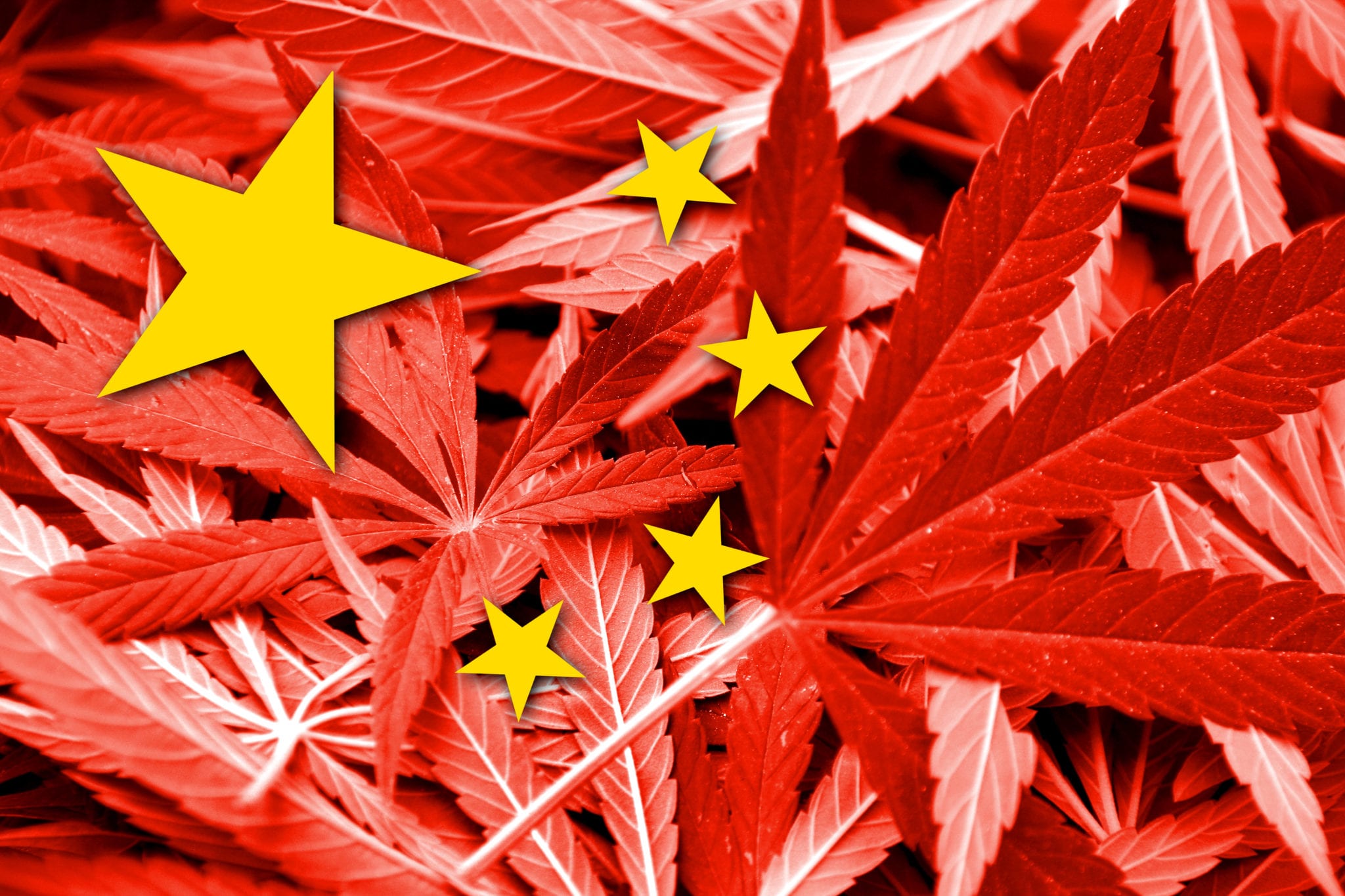China wants a piece of the CBD market and started cultivating cannabis in two regions to extract the popular wellness compound, according to a New York Times report.
Marijuana is highly prohibited in China and CBD is not allowed for consumption. But in the U.S. the non-intoxicating chemical has become a lucrative health craze and two of China’s 34 regions have quietly been ramping up cultivation to start producing large volumes of CBD.
Hanma Investment Group was the first company granted permission in southern China to extract CBD, or cannabidiol, to be marketed abroad in oils, sprays and balms to be used for treating everything from acne, anxiety to insomnia. So far the Yunnan province has allowed four companies totally 36,000 acres in on the action with more applying and expected expansion. Hanma cultivates more than 1,600 acres of hemp through its subsidiary Hempsoul for CBD extraction.
Heilongjiang province has also allowed cannabis cultivation while Jilin is another one that could be the latest one to follow suit. And given CBD’s popularity, the potential for companies to export the extract in large volumes to international markets is drawing attention from Chinese cultivators.
Chinese CBD suppliers going global
This could change the CBD market in Canada, where consumers have struggled to find the touted therapeutic extract in stores with supply shortages plaguing the industry.
Hanma has ambitious plans to expand globally. It acquired an extraction plant Las Vegas and has plans for another in Canada. The edibles market could be another opportunity for the company, especially with the success of developing water solubility technology:
Hanma’s advancements has turned the heads of big global companies as well:
Red Bull and Coca-Cola Ltd. (NYSE: KO) haven’t shown they are positive on CBD yet, while investors Warren Buffett and Charlie Munger haven’t been receptive either. But because of the buzz surrounding the compound, analysts are certain all beverage companies have a CBD strategy, even without publicly admitting it.
And with the U.S. Food and Drug Administration getting closer to regulating CBD, China could prove to be a key supplier for cannabis going forward as the market for drinks, cosmetics and wellness products opens up.














